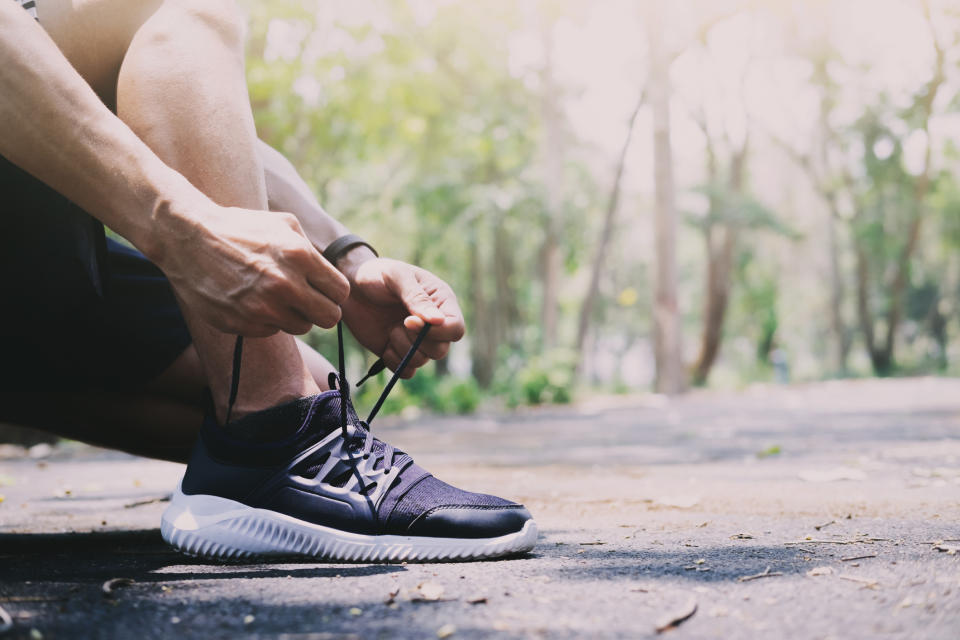Judge forces insurer to pay for $200 running shoes following petty behaviour

A 73-year-old man has won his case against insurer Comcare after the insurer rejected his claim for $200 running shoes prescribed by his doctor.
The claimant, James Dalgleish required the cushioned runners to support the orthotics, as recommended by his doctor.
And for the six years to 2016, Comcare honoured the doctor’s advice.
However the insurer changed its tune in 2016, telling Dalgleish the shoes were not covered as they did not have an explicitly medical purpose.
‘In my view Comcare’s argument in the present case is similarly picayune’
Picayune – a synonym for petty or trivial, was used to describe Comcare’s decision by the Federal Court’s Justice Bernard Murphy.
He said the insurer should have applied a “liberal” definition of the Safety, Rehabilitation and Compensation Act rather than hide behind technicalities.
The Act defines medical treatment as having a “character or nature that is similar to a medical or surgical aid or appliance”.
Justice Murphy agreed but said Comcare’s decision was inconsistent with medical evidence and served to suit the insurer’s argument.
“When the cushioning runners and orthotics are considered together their character or nature is similar to a medical aid or appliance.”
And, he continued, it isn’t hard to think of aids like tension balls which aren’t explicitly medical but which can have a medical purpose when prescribed by a doctor.
“For example, a doctor may recommend the purchase of a ball to be squeezed in order to strengthen and rebuild damaged tendons in the hand or wrist, or recommend gym equipment in order to strengthen an injured area.
“Neither the ball nor the gym equipment are intrinsically medical in nature but what may give such items a medical nature is the extent to which, in the circumstances of a particular case, they are part of the treatment process.”
Dalgleish has severe degenerative arthritis in his left ankle and foot following several motor vehicle accidents.
Justice Murphy noted the uncontested evidence that Dalgleish required the shoes for his physical health, and also acknowledged Dalgleish’s psychological state would likely deteriorate if he was unable to go for a daily walk.
“It is inappropriate to take a narrow approach to the meaning of “treatment process”, and in the present circumstances the use of cushioning runners formed part of it,” the judge said.
Make your money work with Yahoo Finance’s daily newsletter. Sign up here and stay on top of the latest money, news and tech news.
Now read: Received a broken Christmas present? Here are your rights
Now read: Uber unveils plan to FLY you to your destination by 2023

 Yahoo Finance
Yahoo Finance 
